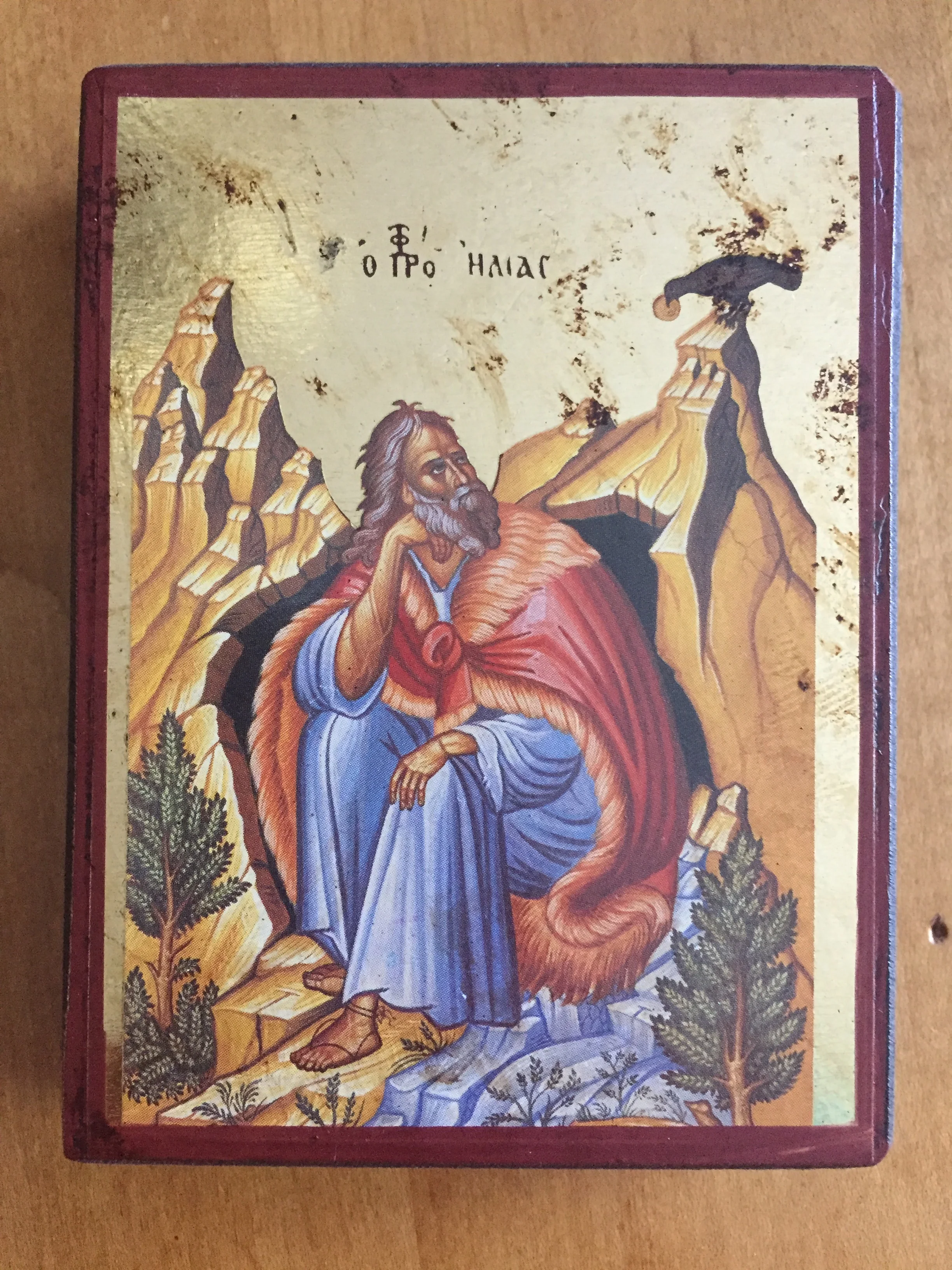How You Know Someone Does Not Trust You
Trust is the lifeblood of relationships. This is obvious in personal relationships but there are many types of relationships. When you pass someone on a two way road, there is trust that each will stay in their lane. Without trust in the other then there can be great damage and hurt. Again, I say, trust is the lifeblood of relationships.
We know when we don't trust another person. You can try to put it into words and sometimes you can articulate why you don't trust someone. Maybe they wronged you in some way and broke trust. Maybe they just look like someone you don't trust (this is sometimes the implicit bias that leads to misjudgments and prejudice). But for many of us, we know when we don't trust another person.
The question is how do we know someone does not trust you? We can all put on a nice face and be pleasant with one another, so it is easy to miss that someone does not trust you. However, here is one way to discover someone does not trust you: The other person does not give the most generous interpretation of your actions.
If you find yourself in a conversation and the other person is not giving you the most generous interpretation of your actions and words, then maybe the conversation needs to stop being about the issue but pivot to trust. Talk about how to rebuild trust between yourselves. The conversation about trust is paramount because even if you resolve the specific issue, unless trust is present, there will be another issue in the near future.
The "thing" is rarely the "thing". More often there is a "Thing" behind the "thing." Many of the conflicts in the world come from a trust vacuum. Broken relationships, broken churches, broken nations and broken systems result a hemoraging of the lifebloood of trust.
Western Christians are all heretics!
Lets face it, every Christian is a heretic in some way.
Perhaps you think that "Jesus was born as a mere (non-divine) man, was supremely virtuous and that he was adopted later as Son of God" by the descent of the Spirit on him. Heretic! That is called adoptionism.
Perhaps you think Jesus was created by God. Heretic! That is called Arianism.
Think Jesus had a divine side and a separate human side? You heretical Nestorianist!
Think that humans have a divine soul that is trapped in a body? Gnostic!
Think icons are idols to be destroyed? Iconoclasm was deemed heretical by Nicea II in 787.
Ever talk about the Trinity is like water in that it can be three things (solid, liquid or gas) but is still one thing? Modalism!
Think the trinity is like an egg where there are three different parts to the whole? I ought to trump you up on charges of Partialism!
I could go on. We are all heretics by someone elses (past or present) understanding of what is orthodox.
So before you or I begin to argue and condemn a fellow Christ follower we view as unorthodox or heretical or holds views that are "counter to the word of God", slow down and breath and perhaps you too will see that we all are heretical in some form or fashion but that does not mean they are evil/bad/horrible/jerks who desire nothing more than to destroy the church and blaspheme against God.
It could just be that everyone is trying the best they can to describe the indescribable.
Originally published August 25 2014
Treating the Bible as Idol rather than Icon?
My wife bought me an icon of Elijah sitting and being fed by God through the delivery system of ravens. It has been with me now for over a month and I have worked to integrate it into my prayer life. When I have shown it to people the questions immediately come up:
What do the Greek words at the top of the icon mean? Is it significant that his robe and the water are the same color or that the tree in the bottom right corner has a branch broken off? What
These are not very interesting questions. Looking at this icon and asking questions about what can be seen is missing what the icon is pointing to. This icon, like all icons point to the unseen. For instance, this icon points the one who is praying to a deep truth about patience and waiting and trust. You cannot measure these things, but we can trust in them.
What makes an icon different from an idol is that the idol is dedicated to point to itself. The idol claims all that is powerful and meaningful is contained in the idol itself. We need not look beyond the idol to find "meaning". Idols can only point to themselves, while icons point to that which is beyond.
The difference between icons and idols is relevant when discussing our relationship with the Bible. There are many Christians who get tripped up with what the authority of the Bible really means and treat the Bible as an idol. Meaning that the Bible is the only place that God ever has or ever will speak. Using words like inerrant and infallible are attempts to elevate scripture but in reality it only lowers scripture to dead words on a page. The Bible is not an idol, it is more an icon that points us to the divine love that calls all things into being.
The first step in moving away from idolizing the Bible is to stop asking what does the Bible say and ask what does the Bible point us to?
Now we are talking icon.

Be the change by Jason Valendy is licensed under a Creative Commons Attribution-NonCommercial-ShareAlike 3.0 Unported License.















